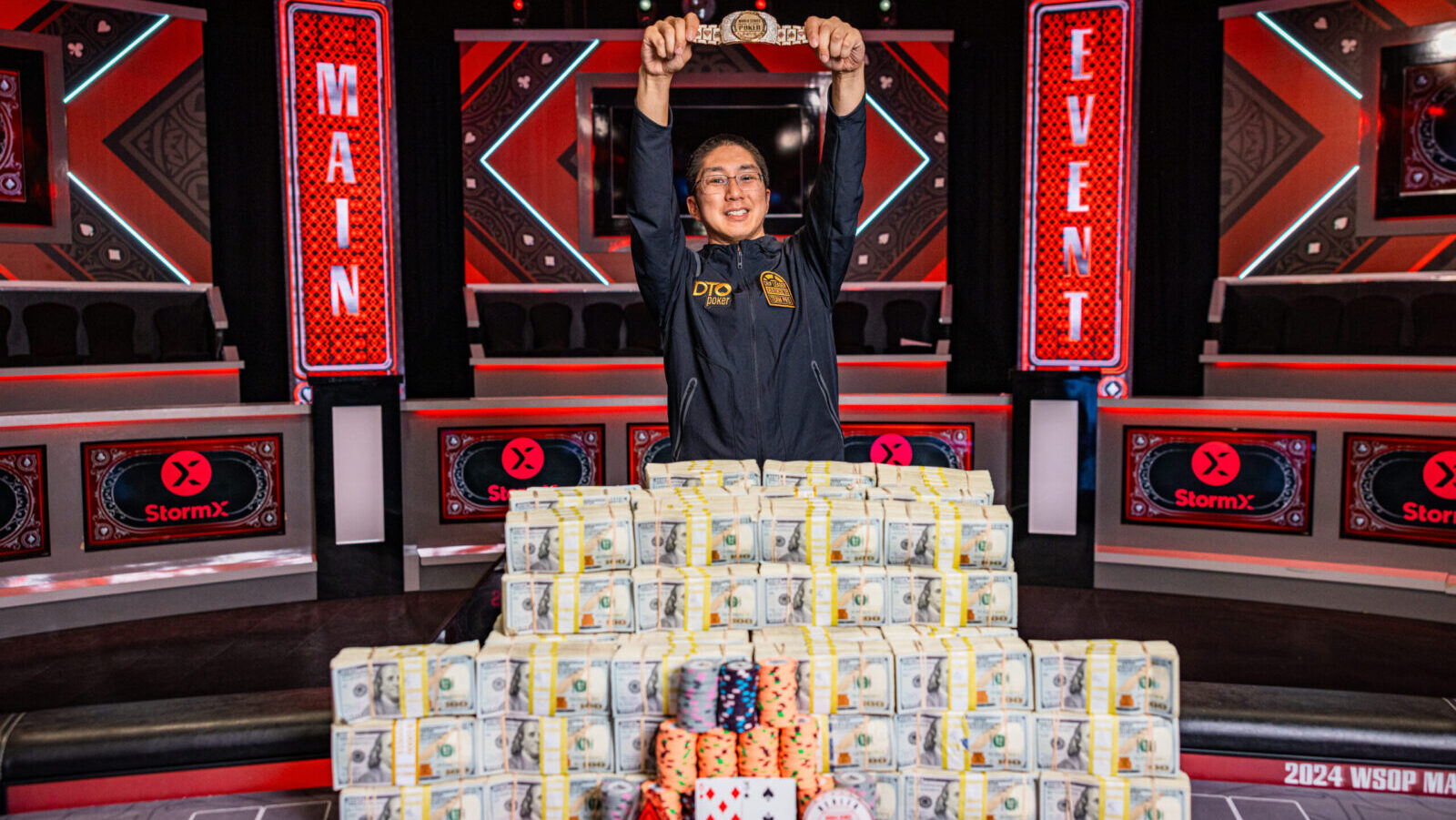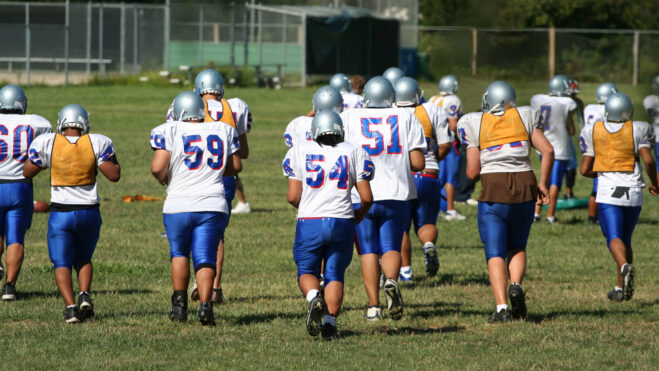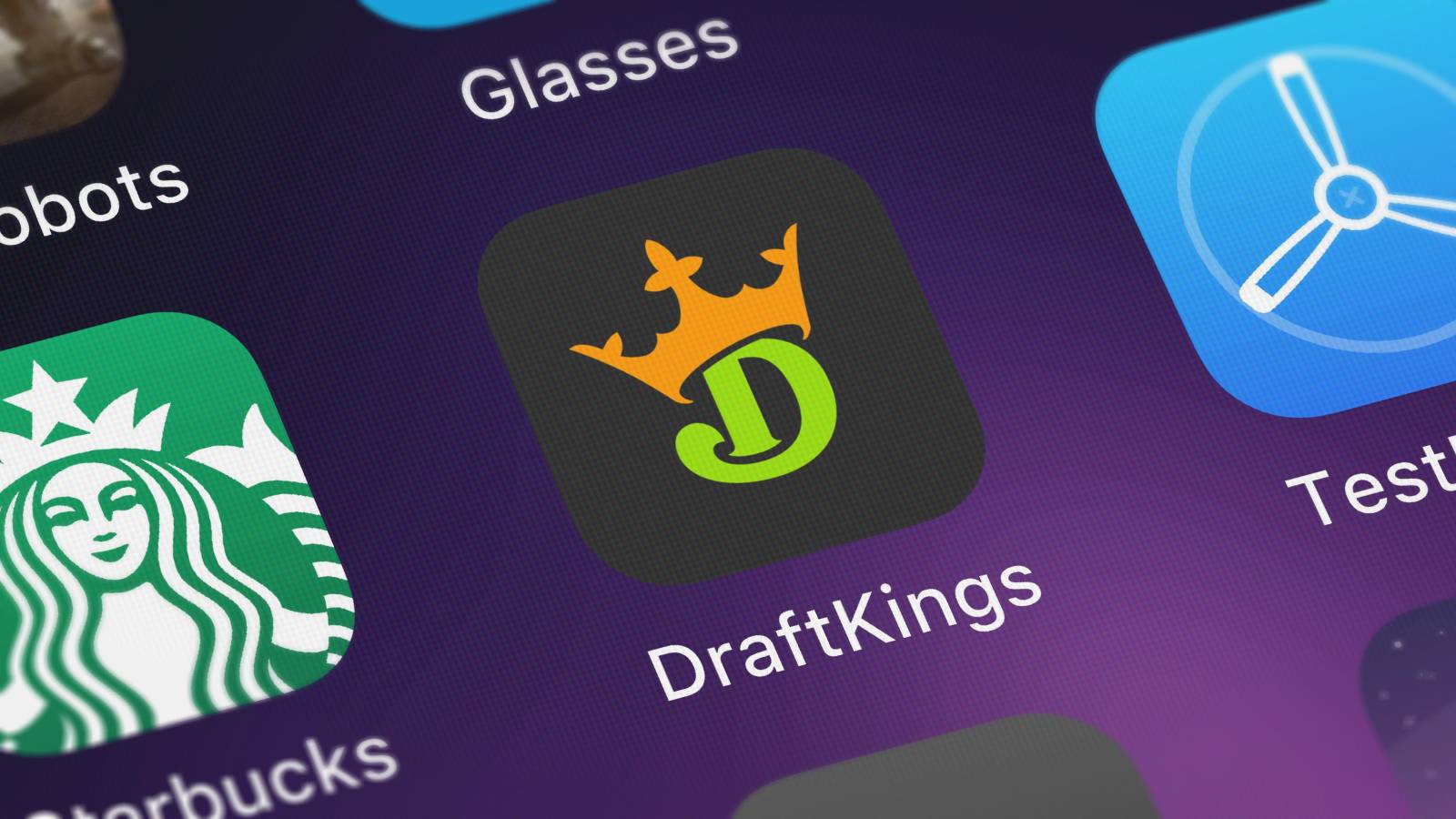‘Fold Queens, Play 8-3 Off’: Jonathan Tamayo Defies Convention To Win $10 Million At World Series Of Poker
“Everybody’s great at poker who plays this tournament, and I somehow won and I can’t believe it," said the poker pro from Humble, Texas.
3 min

Of the three players remaining at the start of the final day of play in the 2024 World Series of Poker Main Event, two were easily described in terms of their poker pedigree (or lack thereof).
At one end of the spectrum sat Sweden’s Niklas Astedt, arguably the greatest online poker player of all-time. At the other end sat Jordan Griff, a genuine poker amateur — the only amateur who reached the final table.
And then there was the other guy.
Jonathan Tamayo was neither a recreational poker player living an impossible dream nor a living legend getting showered with superlatives. He was just a good old-fashioned poker pro with a solid resume and a lot of years of grinding on his odometer.
Now Tamayo is the champion of the poker world.
And he’s $10 million richer than he was a couple of weeks ago. (Not counting the taxes he’ll pay or any equity percentages others may have of him. But, let’s ignore all that for the moment, for the sake of a nice, round number.)
Tamayo, 38, caused a few waves when, with 10 players left in the 10,112-player tournament on Sunday, he folded the third-best starting hand in Texas hold’em, pocket queens, to a single raise, extremely conservatively avoiding confrontation to help his chances of reaching the final nine.
In the final hand of heads-up play against Griff on Wednesday, Tamayo won the tournament with one of the worst possible starting hands, 8-3 offsuit.
Tamayo offered five words of sarcastic strategic advice to other poker hopefuls after claiming the gold bracelet: “Fold queens. Play 8-3 off.”
Who is Jonathan Tamayo?
Prior to this year’s Main Event, Tamayo had racked up about $2.3 million in career live tournament earnings, dating back to 2006. He’d reached two WSOP final tables but had never won a bracelet, and was best known for a deep run in the 2009 Main Event, when he finished 21st out of 6,494 players for a $352,832 payday.
He was indisputably a world-class poker pro — far more proven than Griff, who’d won about $47,000 playing live poker tournaments before adding a $6 million payday the last two weeks, but a far cry from the $48 million in online tournament winnings that Astedt boasted (and to which he added a relatively modest $4 million with his third-place finish Wednesday).
“We always take our shot here, but it’s just a numbers game. We never, ever, ever think this is reality,” Tamayo said moments after winning, struggling to find the right words to express that winning this tournament is an unrealistic goal for everyone who enters. “Everybody’s great at poker who plays this tournament, and I somehow won and I can’t believe it.”
It was a humble reaction from a man who calls Humble, Texas, home.
His mother, Chai Tamayo, was part of his rooting section at the Horseshoe Las Vegas, commenting to PokerGO afterward, “This is his dream, since he graduated college. And I’m so glad I was here today to witness that. It’s just everything lined up that I’m still alive today and I happen to be in Las Vegas for other function and I’m glad I see him.”
Tamayo also had the support throughout of 2015 WSOP Main Event champ Joe McKeehen, his summer roommate every year since 2012 in Vegas for the Series. On Wednesday, Tamayo surpassed his friend’s career-best cash by about $2.3 million.
The hands that decided it
Tamayo was just a spectator for one of the most consequential clashes of the final day of play. In three-handed action, Astedt and Griff were almost dead even in chips when Griff rode a flopped set of nines into a massive all-in clash and eliminated the Swede:
Entering heads-up play at a significant chip deficit, Tamayo turned things around — at least temporarily — by picking off a triple-barrel bluff from the amateur Griff:
Soon after that, Griff could have clinched the title in a “coin flip” with 7-7 against Tamayo’s K-10, but Tamayo flopped a straight (with a straight-flush draw) to double up. The next time they got the chips in with 50/50 hands, Griff’s 6-6 turned into a set of sixes against Tamayo’s A-8, extending the match.
The duel finally came to an end when Tamayo played his 8-3 offsuit — a hand that, even in a heads-up match, many players would simply fold — and loved the 9-8-3 flop. Griff was in a rough spot holding top pair with 9-6, and soon it was all over:
“A lot of us start playing it for the money, and then when we get good we start playing it for the prestige,” Tamayo said in his post-game interview. “This is both.”






